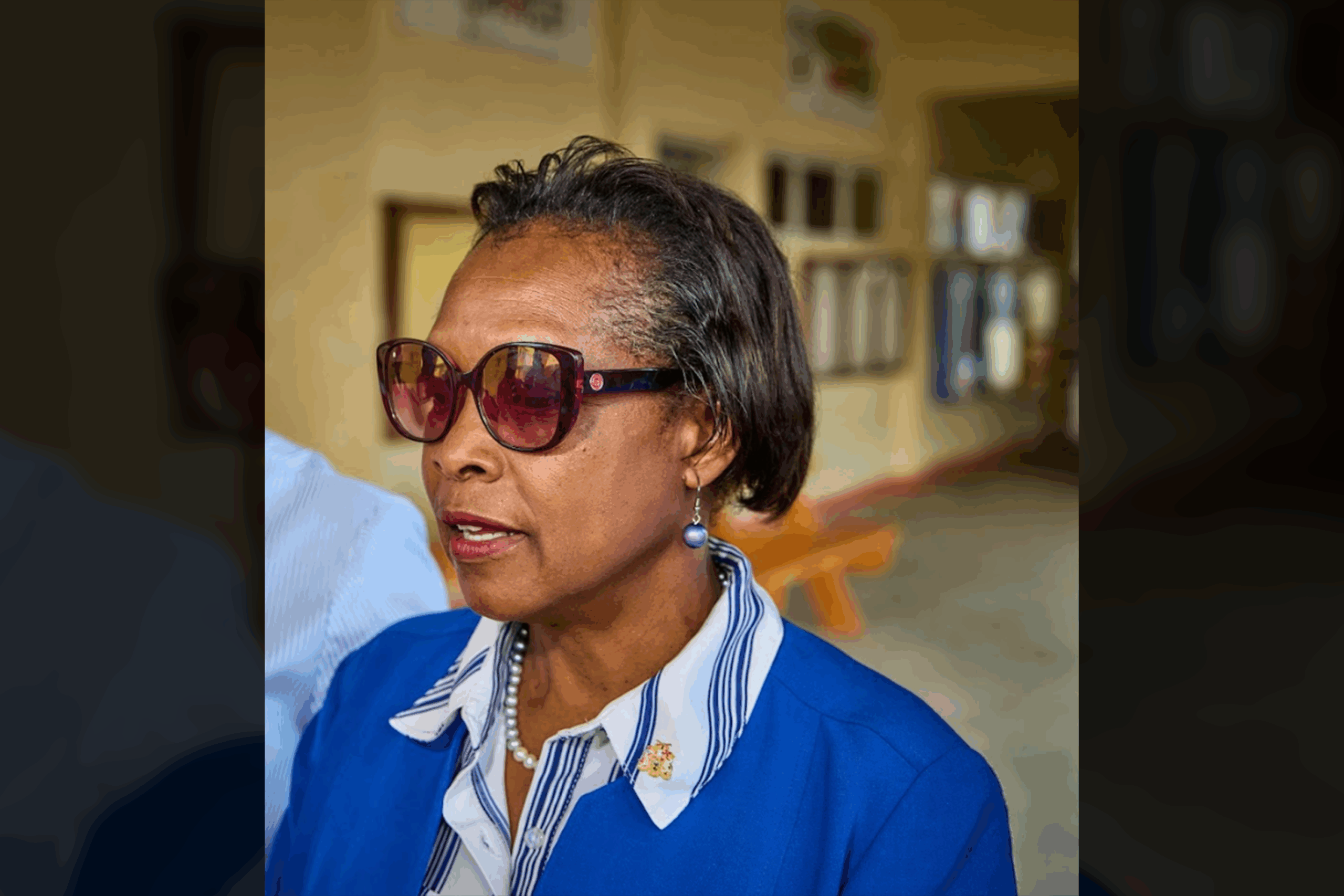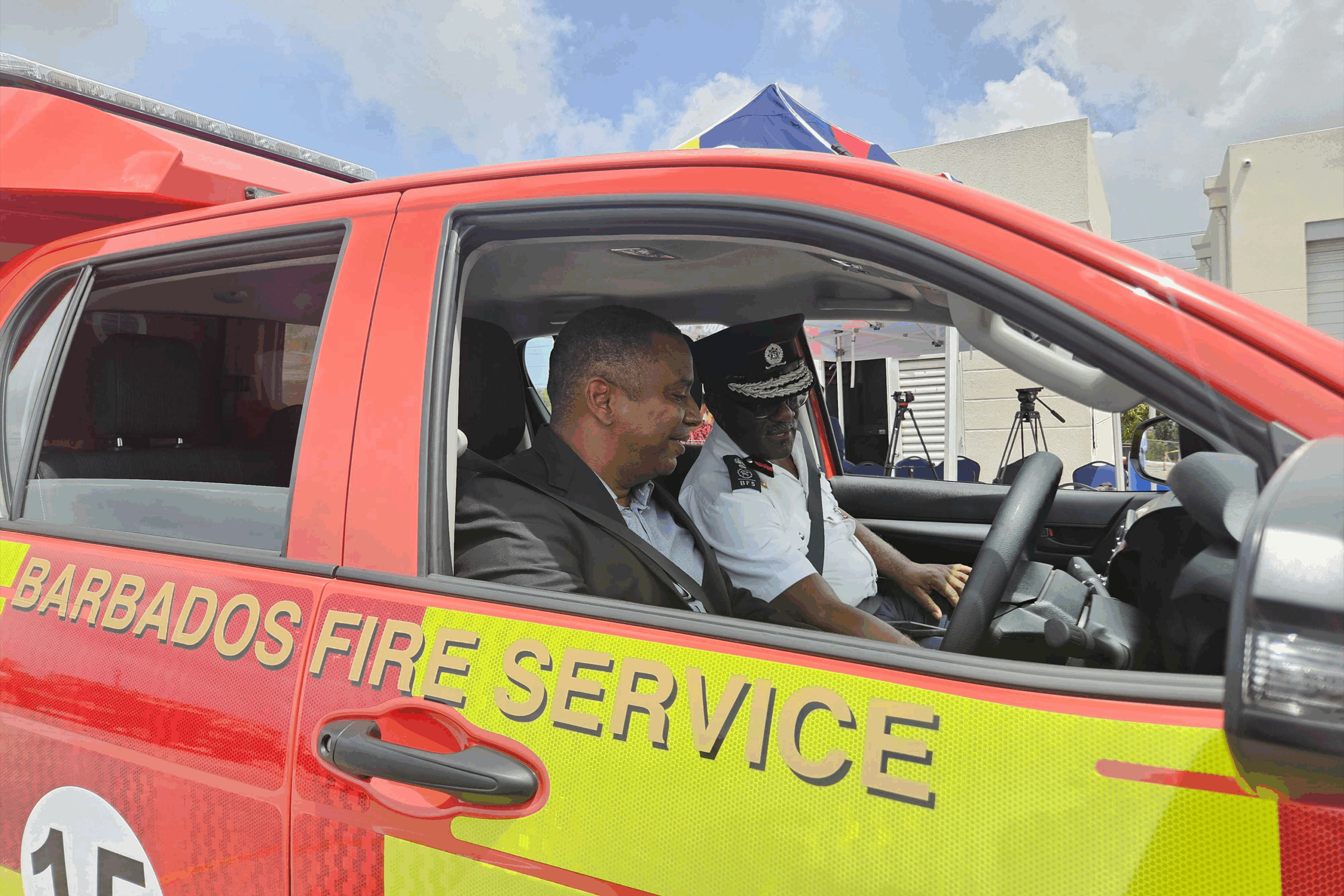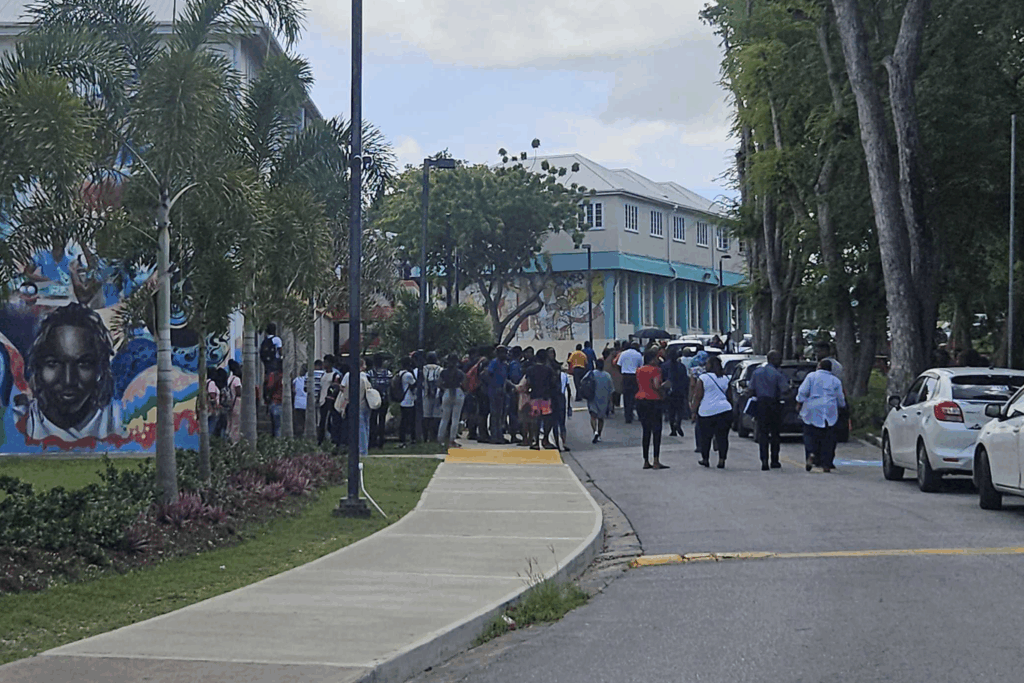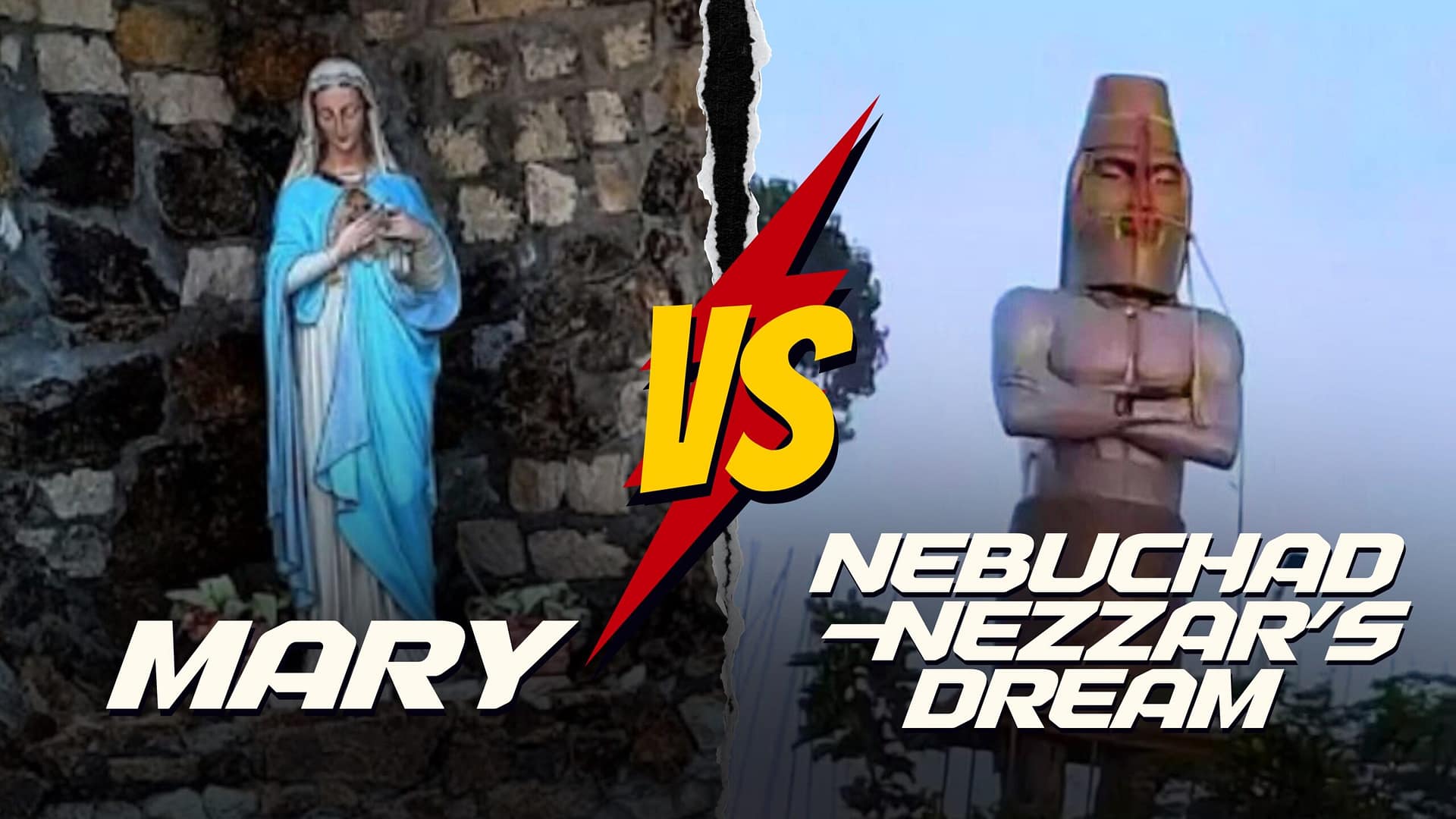Barbados is experiencing its most severe rental housing shortage in decades, driven by a surge in short-term holiday rentals and increasing demand from overseas tenants. Real estate agents report that affordable housing has become increasingly inaccessible for most locals, with prices skyrocketing due to the influence of initiatives like the Welcome Stamp program and the proliferation of Airbnb listings. Daryl Gill, owner of Timeless Properties, highlighted the dramatic shift in the rental market since 2021, noting that properties once available for $1,000 to $1,200 now rarely fall below $2,500. Gill explained that the conversion of long-term rentals into furnished short-term units has exacerbated the crisis, leaving low- to middle-income earners with few options. Regional migrants from countries like Dominica and Jamaica are also struggling to secure housing due to high prices and limited availability. Gill emphasized the need for policy intervention, warning that the situation is pushing housing further out of reach for locals. Real estate agent Kirt Trotman echoed these concerns, describing the shortage as ‘very difficult’ and noting the near absence of properties in the $900 to $1,600 range. Industry professionals attribute the crisis to the dominance of holiday rentals and the Welcome Stamp program, which has attracted digital nomads and short-term visitors. As Barbados continues to draw international interest, experts stress the urgent need to address the housing imbalance to prevent more locals from being left without homes.
分类: society
-
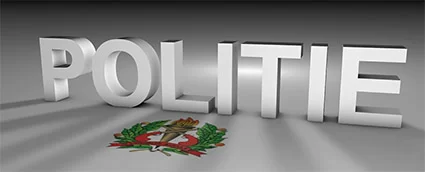
Politiebericht over familiedrama Cocobiacoweg
A heartbreaking incident unfolded on Thursday along Cocobiacoweg, where a 1-year-old child tragically lost their life. Authorities have detained a 15-year-old boy, a relative of the victim, on suspicion of involvement in the crime. The case has been transferred to the Kapitale Delicten (Capital Crimes) unit for further investigation, according to police reports. Preliminary findings reveal that the teenage suspect, who had been staying with his uncle and aunt for several days, reportedly became agitated and claimed a family member was “possessed.” In a state of confusion, he damaged parts of the home, assaulted his aunt with a hammer, and then proceeded to the kitchen, where he used a sharp object to inflict multiple stab wounds on the infant, who was seated in a high chair. Neighbors, including a nurse, rushed to assist after hearing screams. The door had to be forced open with the help of bystanders, as the home was locked. The suspect, still holding the weapon, was subdued and restrained by the men. Tragically, the child showed no signs of life, and a doctor officially confirmed the death. The victim’s body has been seized by the Public Prosecutor’s Office for an autopsy, while the injured woman has been hospitalized. The suspect, who remained incoherent and disoriented, was taken into police custody for questioning and has been detained pending further investigation.
-
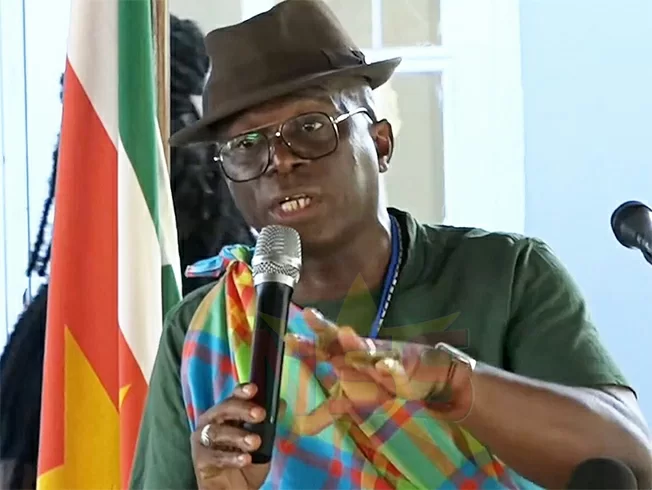
Traditioneel gezag wil naamswijziging Stoelmanseiland en erkenning grondenrechten
During the celebration of Maroon Day on October 10, the traditional authority of the Marrons, represented by Captain Johannes Niavai, articulated three significant demands. These include renaming Stoelmanseiland, recognizing land rights for Marrons and Indigenous peoples, and establishing a Marron Cultural Center in Paramaribo. Niavai emphasized the need to rename Stoelmanseiland, currently named after Philip Samuel Stoelman, a commander of the Redi Musu who hunted escaped enslaved individuals. He suggested renaming it after Boni or Boston Bendt, the latter being a Jamaican deportee who joined the Marrons and played a pivotal role in the peace treaties of 1760 and 1762 between the colonial administration and the Marrons. Niavai also urged the government to acknowledge the land rights of Marrons and Indigenous peoples, highlighting the importance of unity in this struggle. Additionally, he advocated for a dedicated cultural center for the Marrons in Paramaribo, similar to Sana Budaya for the Javanese community and the Lalla Rookh building for the Hindustani community. The ceremony at the Square of October 10, 1760, included libations and wreath-laying to commemorate the first peace treaty between the Dutch colonial administration and the escaped enslaved individuals. President Jennifer Simons and Vice President Gregory Rusland unveiled a plaque inscribed with the text: ‘Peace concluded with the Marrons behind Auca Dorp Bongodoti between the colonial administration and the runaway slaves. National holiday. Freedom is a right.’



